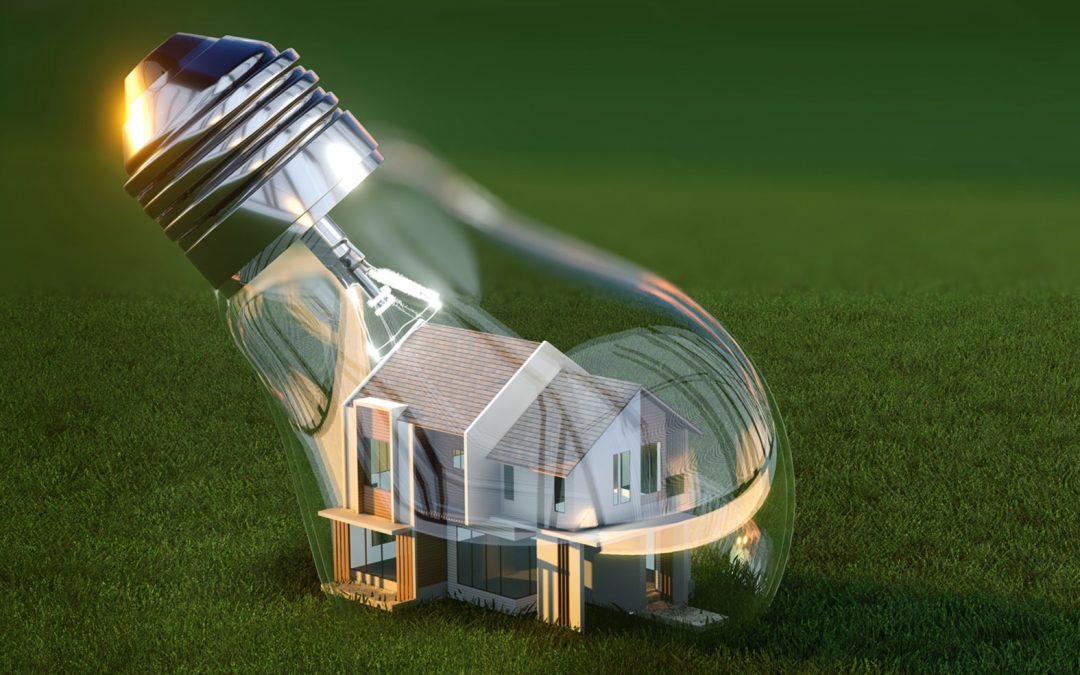Proper planning goes a long way. The same is true when you build a new home that is based on energy – saving fundamentals. Energy – efficient homes not only help with energy conservation but also help you save money in the longer run. Moreover, your home becomes more durable and comfortable.
With time, the energy cost is rising and will continue to increase, making it imperative to save energy. Energy – efficient home, renovations or designs not only help with energy conservation but also help you decrease your carbon footprint by resorting to eco – friendly options.
With integrated planning and budget considerations, there are multiple options to cut down on energy costs. Usually, fuel and electricity are converted to heat, light, and other forms that can be used within a home. A smart home can better utilize these resources and hold an aesthetic element that looks good to the eye too. Multiple resources can significantly improve energy – efficiency in automated homes.
Home Design Tips for Building Energy - Efficient Homes:
You must want to eliminate the risk of any mistakes when building or renovating your home. The following information would help you achieve a smart and energy – efficient structure for your smart, energy -efficient home.
- All About Location
- Landscaping & Shade
- Ventilation Systems
- Energy – Efficient HVAC Systems
- Energy Saving Devices
- Building Envelope
- Design for Water Conservation
- Roofing Materials
- Lighting Fixtures
- Go Solar
- Water Heating Systems
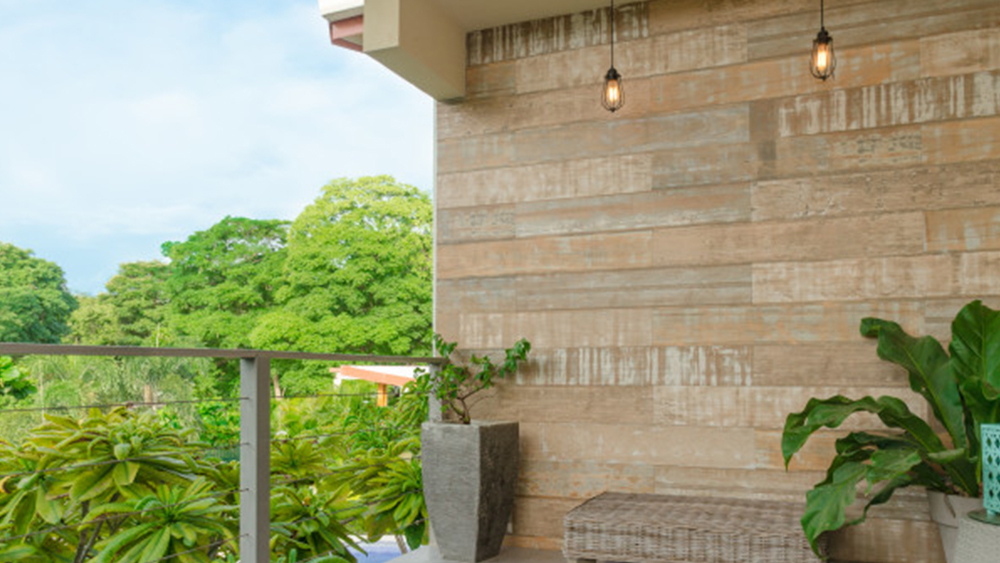
1. All About Location
While building an energy – efficient home, location, shape, and construction materials are prime considerations that will significantly influence the heating and cooling requirements. The maximum use of passive solar energy gain in winters and reduction of the heat gain during summers is the ideal scenario. It is achieved by optimizing the location, orientation, and landscaping of the home.
Home orientation determines how much sun your house will be getting. This has a direct impact on your home’s temperature.
Design the home to take advantage of different sun angles. The midday sun is at a low angle in winter and a high angle in summer. Based on this, position your home to reduce heating and cooling expenses. Homes situated on the south side of the street – facing north get a lot of sunlight at the back of the house. Homes on the north side get shade during the summer afternoons in their backyards. Similarly, if you are living in a colder climate, you would want to choose your windows’ location to be able to absorb maximum sunlight. South – facing homes capture sunlight in the winter while blocking it during summer.
Such strategies can make a huge difference, and you would be able to enjoy summers without your house being overheated. For instance, if the building is constructed in a way that is not exposed to the sun, walls are insulated, or the glass is shaded, then the solar gain is minimized. The cooling requirement will ultimately decrease, which would help you in conserving energy. But the tradeoff is a lower solar gain in the winters; however, if you live in an area that experiences short winters, then this is ideal for you.

2. Landscaping & Shade
Landscaping using elements of shade can help prevent your house from absorbing excess heat, in fact, they help reduce the temperature by up to 6 degrees. For blocking summer heat and letting the sunlight in during the winter, go for deciduous trees. They are perfect for both seasons as they bloom in spring/summers and lose their leaves in winter. To provide continuous shade and to provide protection from strong winds, go for dense trees and shrubs.
Planting location is also crucial. Planting trees on the east, south, and west sides will keep your house cool during periods of extreme heat. East trees cast shadows on your home in the morning sun. South Trees cast shadows on your house in the mid – morning and early afternoon. Trees planted on the west cast shadows to block the afternoon sun when the temperature is extreme, making them the most impactful in reducing your energy bills.
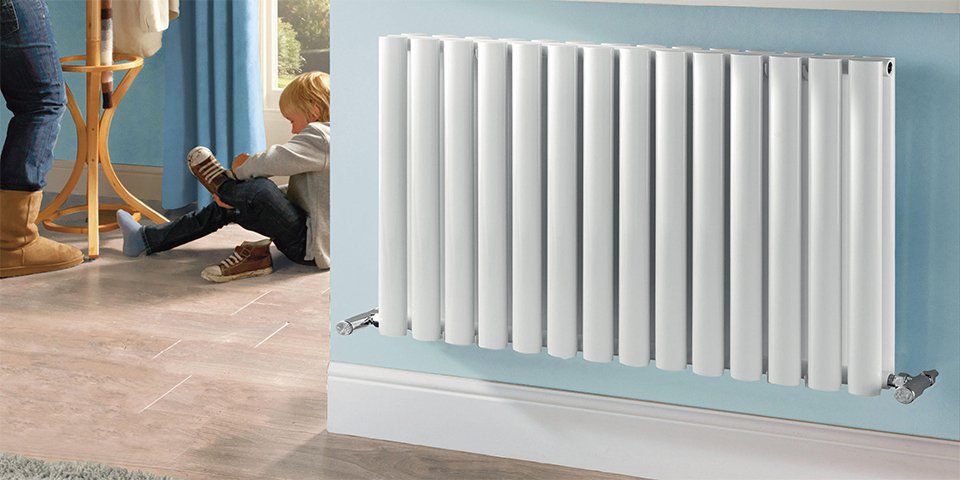
3. Ventilation Systems
A well – designed ventilation system for an energy – efficient house doesn’t only provide comfort but also helps in energy saving by preventing the overuse of electrical appliances used for heating and cooling purposes. Moreover, home ventilation also filters out contaminated air. The simplest form of ventilation systems are windows and mechanical systems with fans used to keep the interior pleasant. Your home design should ensure healthy and natural ventilation.
The ventilation system is an integral part of your energy – efficient house design because it moves air and moisture across the building envelope’s barrier, and sometimes it also moves heat. A well – thought – out ventilation system can significantly minimize your overall energy usage and help make your home more energy – efficient.
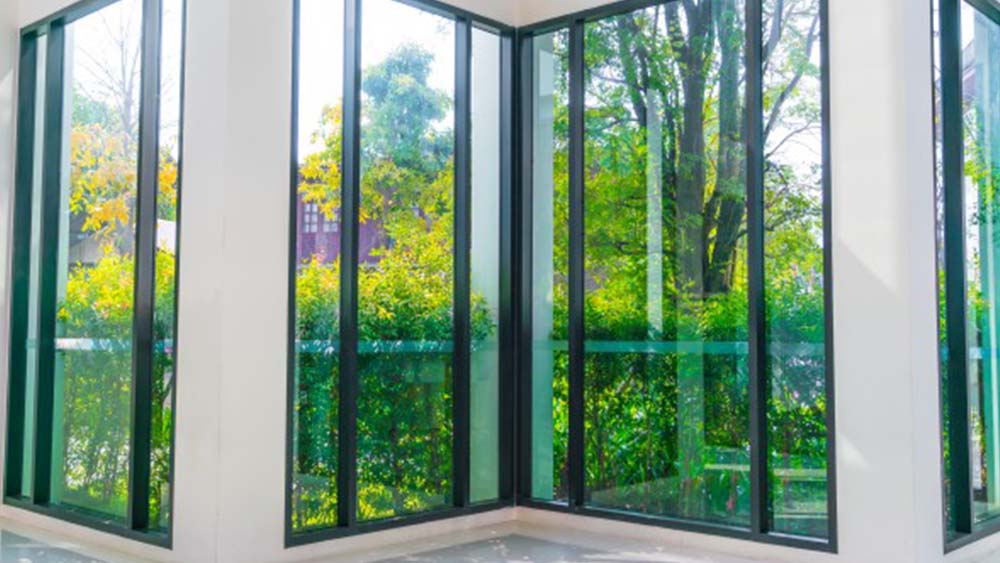
4. Energy - Efficient HVAC Systems
This research shows that HVAC systems are among the largest energy consumers. Installing an efficient HVAC system will save you energy – reducing electricity bills. Energy saving is one of the concerns of the users, and the Department of Energy shows that heat pumps can reduce electricity used for heating by 50% as compared to furnaces, baseboard heaters, etc. Opt for the most energy – efficient cooling unit for your home. Verify energy efficiency ratios and look out for SEER ratings and smart functionalities that can help increase your savings.
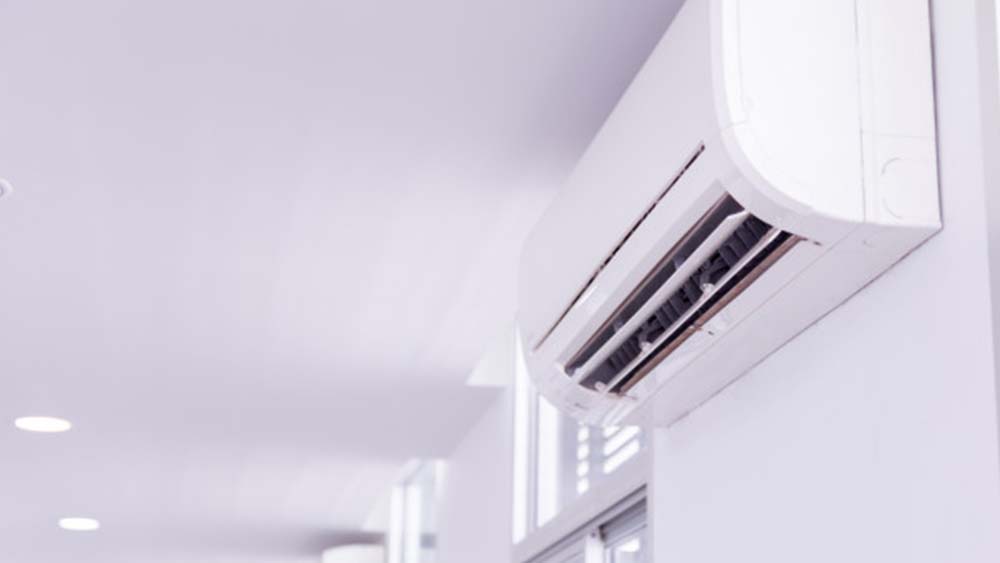
5. Energy Saving Devices
With the progress and advancement in technology, the selection of relevant smart devices can help you in saving and optimizing your home energy. Such devices use minimum energy to function as compared to regular appliances, thus further reducing your electricity bills. An energy – efficient home needs to be smart to give a good return on investment and save money in the longer run.
You can utilize smart AC controllers, smart thermostats, smart bulbs, smart blinds, kitchen appliances, etc., to equip your smart home. Taking the example of smart AC controllers, they function by regulating your air conditioner usage according to your usage habits throughout the day helping you save 25% on your cooling and heating bills. They can also be coupled with other smart home climate control appliances connected with Alexa or Google Home for further benefits.

6. Lighting Fixtures
Every building/home uses an interior and exterior lighting system, which might consume a lot of energy depending on the type of lighting fixtures or bulbs used. Thus, it is advised to use fluorescent bulbs and LEDs because they generate less heat and more light, ultimately helping you save energy. LEDs provide good returns on investment and can fit in most of the light fittings.
Apart from LEDs and bulbs, the building’s windows can be designed so that natural light can reduce the need for artificial light during the day. Moreover, aluminum – clad wood can be used for window frames since these windows provide better insulation making your home energy efficient.
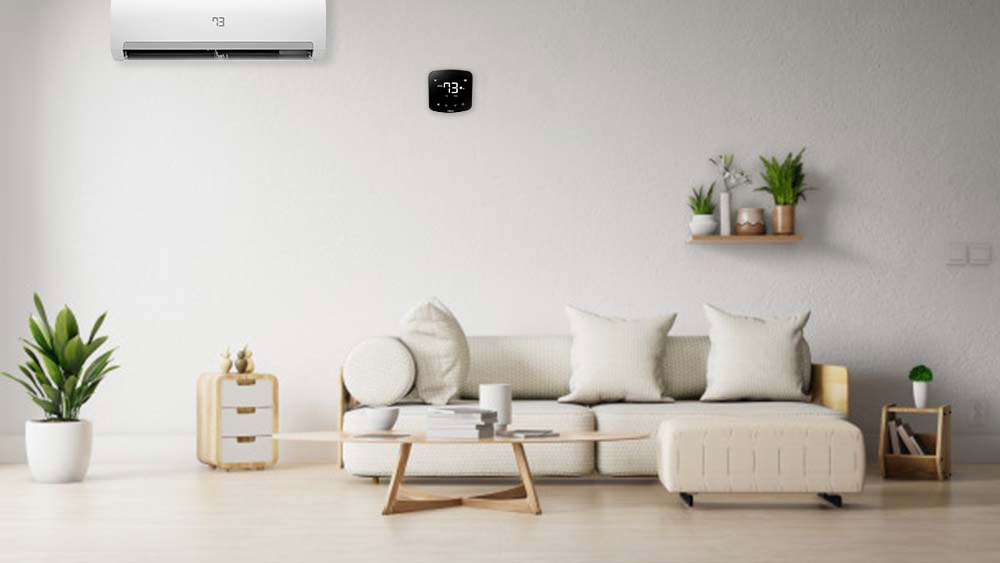
7. Building Envelope
You protect your smartphone from scratches by using a glass protector or an external cover, right? Similarly, a building envelope serves as a protector or covering for a house. The outer structure of the building is called the building envelope, and it is one of the necessary energy systems. It works as a shield between the inside and outside environment, protecting the house from the air, moisture, and generally harsh weather conditions.
Considering the type of insulation used, the building envelope maintains the interior temperature at any level that you desire. It can keep your home warm during winters and cool during summers. It is essential to consider an energy – efficient home design. Body envelope includes insulation which can be very beneficial for energy saving. It lowers the load on the house’s heating and cooling system and makes your home more energy – efficient. It maintains the desired temperature at home and absorbs moisture, and saves your walls from being damaged.
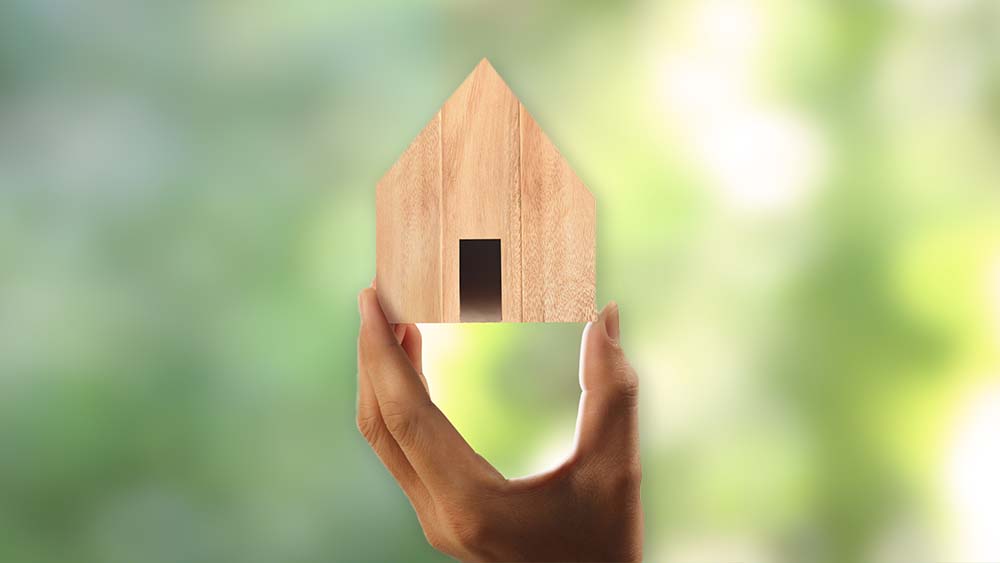
8. Design for Water Conservation
An increasing number of energy – efficient houses are incorporating water – saving systems. For instance, homeowners are going for greywater recycling systems. Greywater is the waste water from showers, sinks, laundry tubs, and washing machines. You can have a diversion system installed that carries the greywater from your washing machine to your bathroom or your garden.
This system can decrease your water usage by about 50%, helping reduce your water bills.
Moreover, you can also save water during the shower and washing dishes by incorporating new technology in your house. New low – flow water fixtures in the kitchen and showers reduce the amount of water coming out of them but distribute it more evenly.
9. Roofing Materials
The roofing material is another important consideration when building an energy – efficient home. The material used for the roof of your house can absorb less heat by deflecting the sunlight, thus maintaining a constant temperature of your home. The choice of roofing materials makes a difference in overall energy efficiency. The materials used to build the roof help you with energy conservation, decrease air pollution and greenhouse gas emissions, and keep your home cool without air conditioning. Initially, the selection of a roof could be expensive, but in the long run, it pays back and reduces your bill by regulating the temperature of your home during summers.
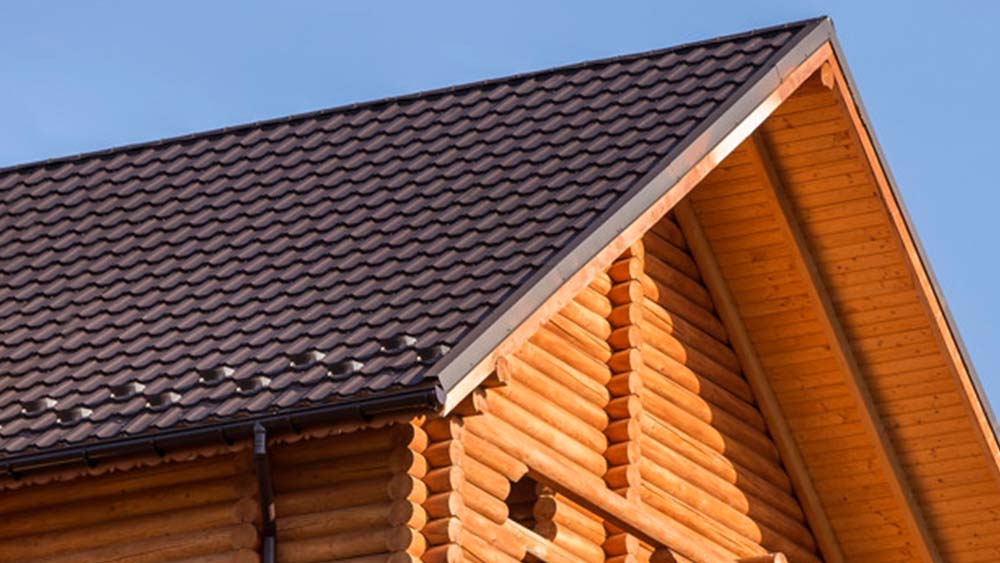
10. Go Solar
Solar Panels can help build energy – efficient homes. If your area is exposed to the sun throughout the year, then solar panels will surely reduce your electricity bills. These panels don’t require extensive maintenance, so it’s a one – time investment that saves you from a lot of hassle and makes you self-sufficient. Solar panels are an environmentally friendly option since solar energy is converted into electrical energy, reducing harmful greenhouse gases that contribute to global warming. Once you have installed solar panels, you can use the energy for a host of different uses, such as a solar heater for heating water, bulbs, and practically any home appliance
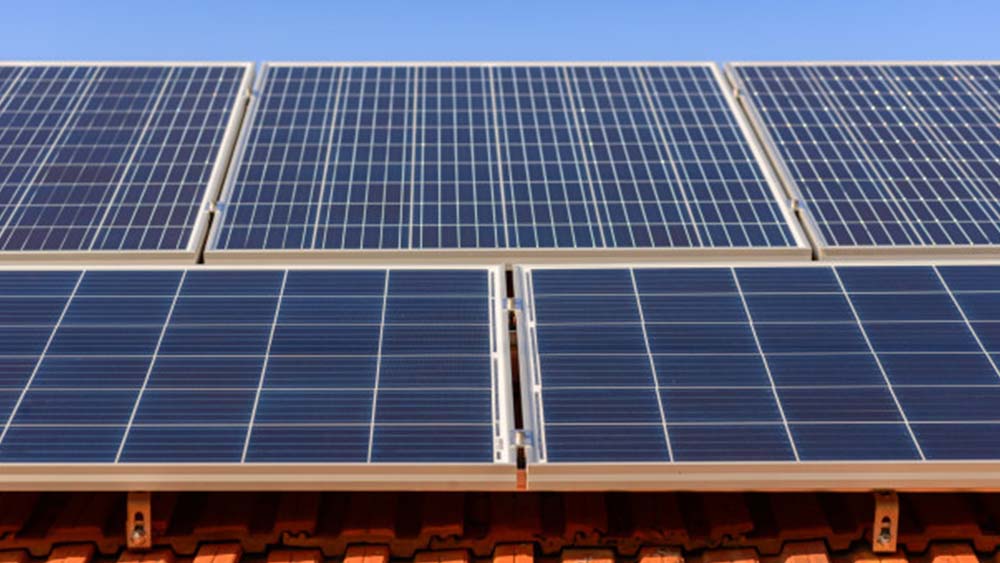
11. Water Heating Systems
The home water heating system consumes a huge amount of electricity. There are multiple ways the water heating system can be improved, and the user can save energy. One of the methods is to insulate the tank of the water heater to retain heat. It lets your water heater remain idle without the water losing much heat. Another option is to use solar water heaters, an eco-friendly option and help with energy – saving. Choosing a water heating system could be a tough decision, though. Learn more about the types of solar water heaters and how to choose the water heating system when building an energy – efficient home.
Along with these tricks, the user should take care of the electricity being overused. Make sure your lights, HVAC system, or home appliances are turned off while you are away. Moreover, energy – efficient home plans have proven to be effective and help the user to save energy. It does not only let the user conserve energy but also helps to decrease the carbon footprint. Energy – efficient house plans might be expensive at the start but can prove to be incredibly beneficial in the longer term, thus letting you save money as well as energy.
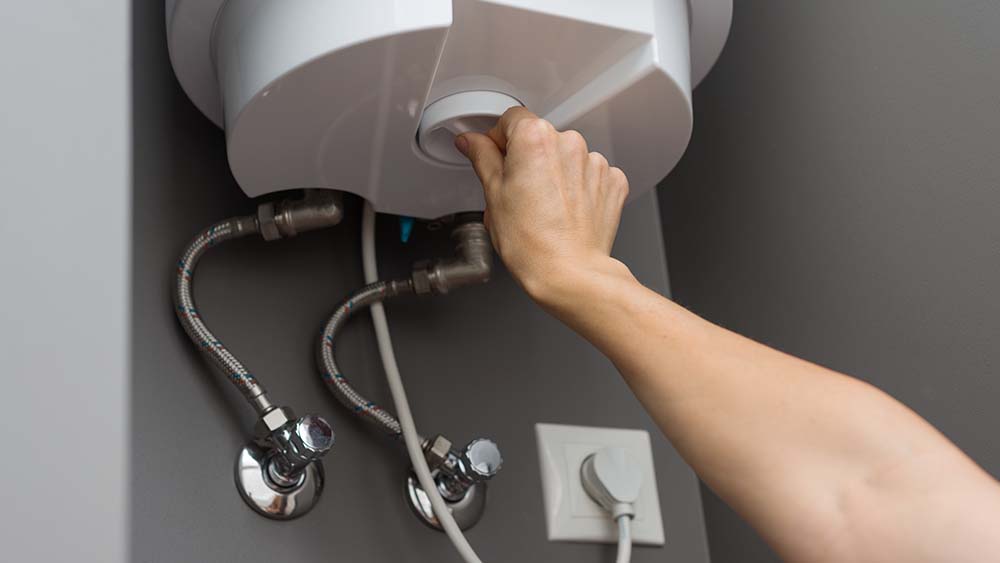
Let Z&X Mechanical be your heating system service solution!
Z&X Mechanical has more than 30 years of expertise in serving clients in Cyprus. Our experienced professionals understand the importance of always meeting the needs of clients while providing top-quality heating maintenance services. We will always do what we promise and ensure that you are satisfied with our heating services.
Feel free to contact us at any time to learn more about the importance of scheduling seasonal maintenance for your heating system in Cyprus.
Are you interested in our services? Want to know more from our specialist? Leave us your contact below and we will contact you.
Via Cielo Wigle

